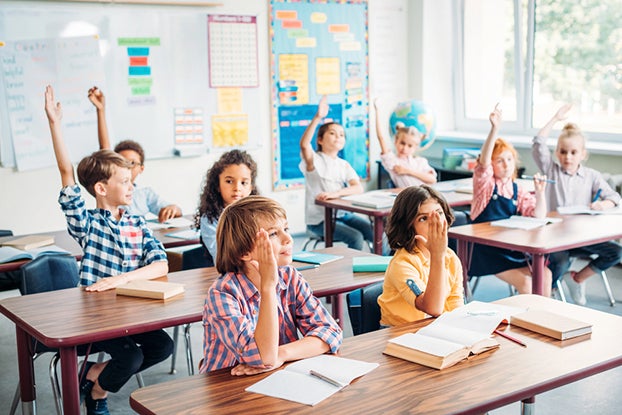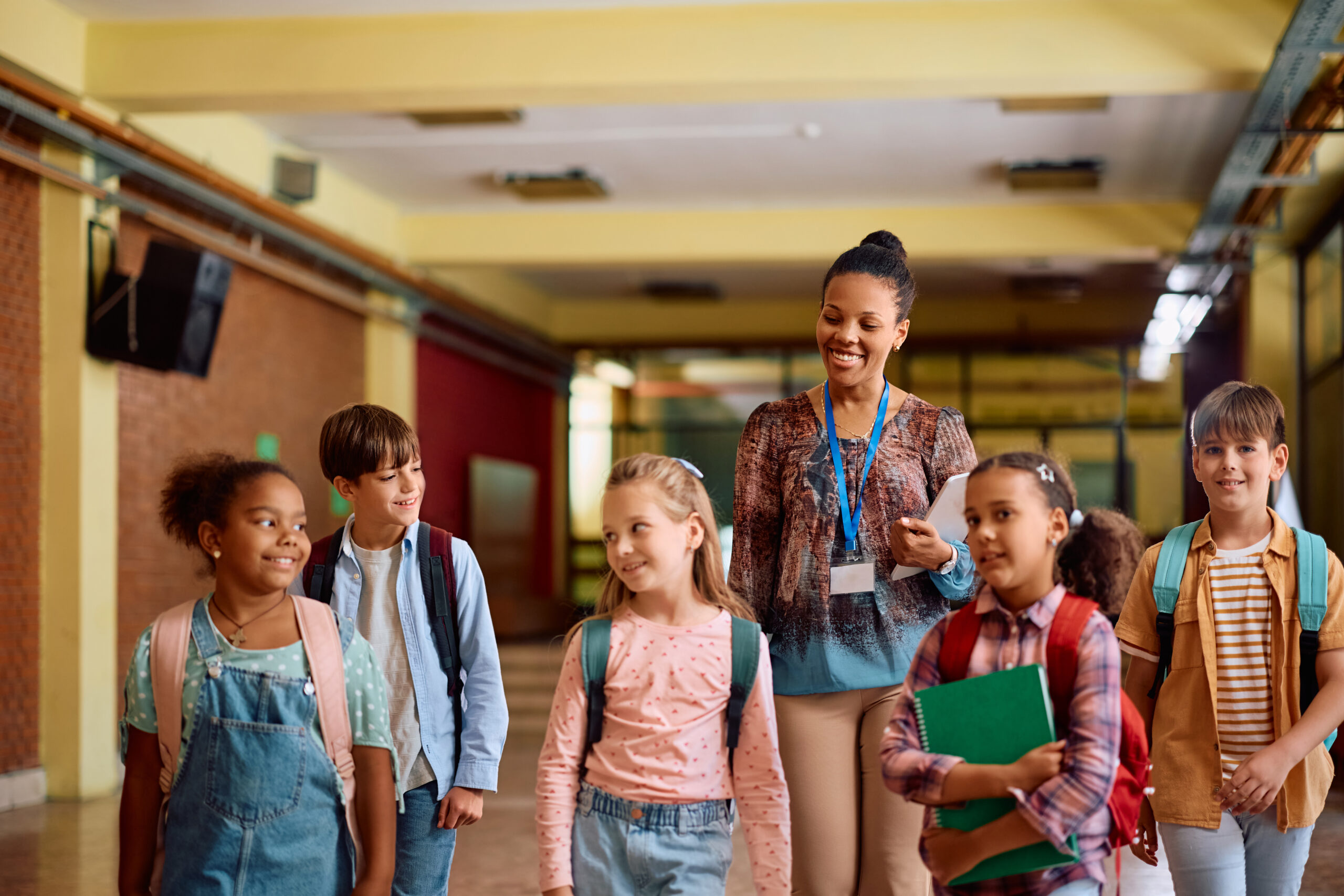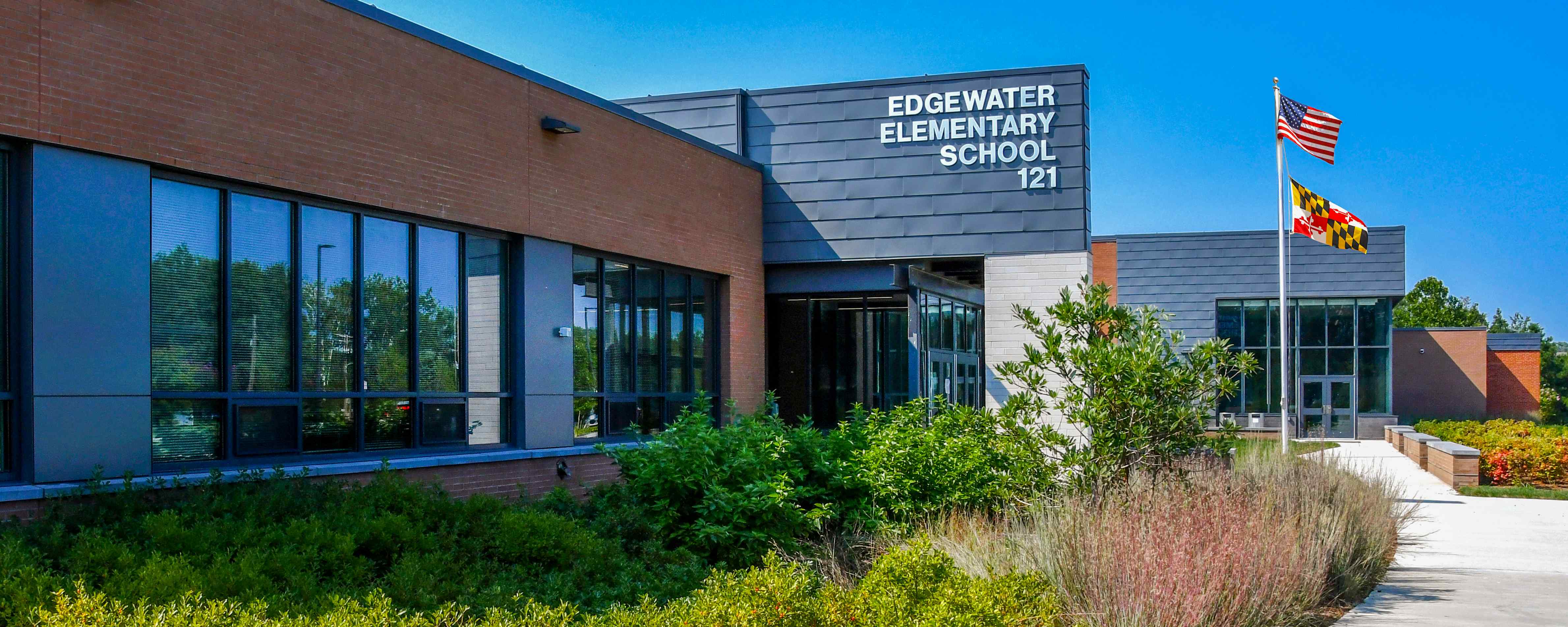Getting ready for Kindergarten: what parents should know
Wiki Article
Creative Knowing Activities in Preschool: Enhancing Skills With Play and Communication
Innovative discovering tasks in preschool work as fundamental experiences for young learners (Grade School). These tasks motivate skill advancement with spirited interaction and social communication. Kids explore their creative thinking, boost interaction, and discover important social abilities. Each experience contributes to their growth in one-of-a-kind methods. Understanding just how these activities form early advancement reveals the profound effect of play in education. What specific components make these experiences so effective in supporting well-rounded individuals?The Duty of Play in Early Childhood Development
While many may ignore the value of play, it works as a basic part of early childhood growth. With play, kids explore their atmospheres, foster social abilities, and establish cognitive abilities. Involving in disorganized tasks allows them to utilize their imagination, trying out analytic, and enhance their essential reasoning skills. Furthermore, play supplies a risk-free area for psychological expression, making it possible for kids to browse their feelings and develop durability.Additionally, play encourages physical development as kids participate in tasks that enhance their electric motor abilities and sychronisation. Communication with peers throughout play advertises synergy and communication, preparing for future relationships. Kindergarten. Educators and parents identify that play is not merely an activity but an important element of learning, forming a child's ability to flourish and adjust in different situations. Eventually, play enhances kids's lives, preparing them for the difficulties of the future while promoting a long-lasting love for discovering
Imaginative Arts and Crafts: Triggering Creativity
Imaginative arts and crafts play a considerable duty in igniting youngsters's imaginations and improving their imaginative skills. These activities urge self-expression via various mediums, such as paint, attracting, and sculpting. By engaging in hands-on jobs, youngsters discover to adjust materials, cultivating fine motor skills and hand-eye coordination.Imaginative arts offer a platform for important and analytical thinking, as children discover various strategies and techniques to their developments. This expedition permits them to experiment, make decisions, and learn from their experiences.
Partnership is one more crucial element, as children often work together on team tasks, sharing concepts and resources. This interaction not just develops social abilities but likewise supports a sense of area. Ultimately, imaginative arts and crafts function as vital devices in a kindergarten setting, promoting cognitive, emotional, and social advancement while stimulating the inherent interest and imagination of young learners.
Interactive Storytelling: Building Language Abilities
Interactive narration offers as a powerful device for developing language skills in young youngsters, as it involves them in the narrative process and encourages energetic engagement. With narration sessions, youngsters are welcomed to listen, react, and also contribute to the unfolding tale. This interactive style supports vocabulary development by revealing them to brand-new words in context.As they take part, kids exercise essential communication abilities, such as expression and expression. They find out to series occasions, identify personalities, and comprehend the plot, fostering essential thinking. Furthermore, interactive narration frequently incorporates visual aids, sound impacts, and props, which better boost engagement and understanding.
When kids share their very own stories, they experience a sense of agency and creative thinking, reinforcing their language skills in an encouraging setting. Ultimately, interactive narration grows a love for language and literature, setting a strong structure for their future scholastic success.
Hands-On Science Experiments: Urging Questions
Hands-on science experiments give young students with vital possibilities to check out and make inquiries about the globe around them. Taking part in straightforward, interactive experiments enables kindergarteners to ask questions, make forecasts, and observe results firsthand. These tasks promote inquisitiveness and promote a sense of wonder, motivating kids to investigate the residential or commercial properties of materials, reactions, and natural phenomena.For example, experiments such as growing seeds or blending baking soda and vinegar not only highlight clinical concepts yet also boost essential thinking skills. Kids find out to record their monitorings, advertising proficiency and numeracy as they measure, compare, and document information. In addition, hands-on scientific research promotes a growth state of mind, teaching strength as they navigate challenges and find out from mistakes.

Collaborative Games: Fostering Team Effort and Social Skills
Engaging in collaborative video games provides kindergarteners a special platform to establish teamwork and social skills while developing on the inquiry-based understanding promoted by hands-on science experiments (Grade School). These video games urge kids to interact toward common goals, promoting communication and teamwork. As they navigate various difficulties, they discover to share responsibilities, discuss roles, and deal with disputes-- click for more info vital parts of reliable synergyThrough organized activities such as team challenges, relay races, or participating narration, youngsters not just improve their social communications however also enhance their emotional knowledge. They get insights right into empathy and assistance, discovering that each youngster's contribution is beneficial. Additionally, these collective experiences cultivate a feeling of community within the classroom, producing bonds that expand past individual play. By incorporating joint video games into the educational program, educators can lay the foundation for necessary life abilities that will certainly benefit kids in their future educational and social atmospheres.
Regularly Asked Concerns
How Can Parents Support Creative Discovering in the house?
Moms and dads can sustain innovative discovering in the house by giving diverse products, urging exploration, taking part in creative play, asking flexible concerns, and cultivating a secure atmosphere where children really feel totally free to reveal their concepts and creativity.
What Materials Are Finest for Arts and Crafts Activities?
A range of products boost arts and crafts activities, including construction paper, scissors, glue, markers, paints, and recycled products. These resources motivate imagination and enable children to discover their imagination through hands-on experiences.How Do Teachers Assess Children's Creativity?
Teachers assess youngsters's imagination through monitorings, profiles of work, and open-ended projects that urge self-expression. They evaluate analytical skills, creativity, and desire to experiment, providing understandings into each child's unique innovative growth and capabilities.What Are Some Examples of Outdoor Creative Activities?

Just How Can Cultural Motifs Be Integrated Into Creative Learning?
Cultural motifs can be incorporated into creative visit site learning by including diverse stories, songs, art, and traditions, encouraging children to discover and commemorate various histories, fostering inclusivity and understanding while boosting their creativity and cognitive abilities.Youngsters explore their imagination, enhance interaction, and discover beneficial social skills. Via play, kids explore their atmospheres, foster social skills, and create cognitive capabilities. Furthermore, play encourages physical advancement as youngsters involve in tasks that enhance their motor abilities and sychronisation. Creative arts and crafts play a significant function in igniting kids's creativities and boosting their creative abilities. Interactive narration serves as an effective device for developing language abilities in young youngsters, as it engages them in the narrative procedure and motivates energetic participation.
Report this wiki page